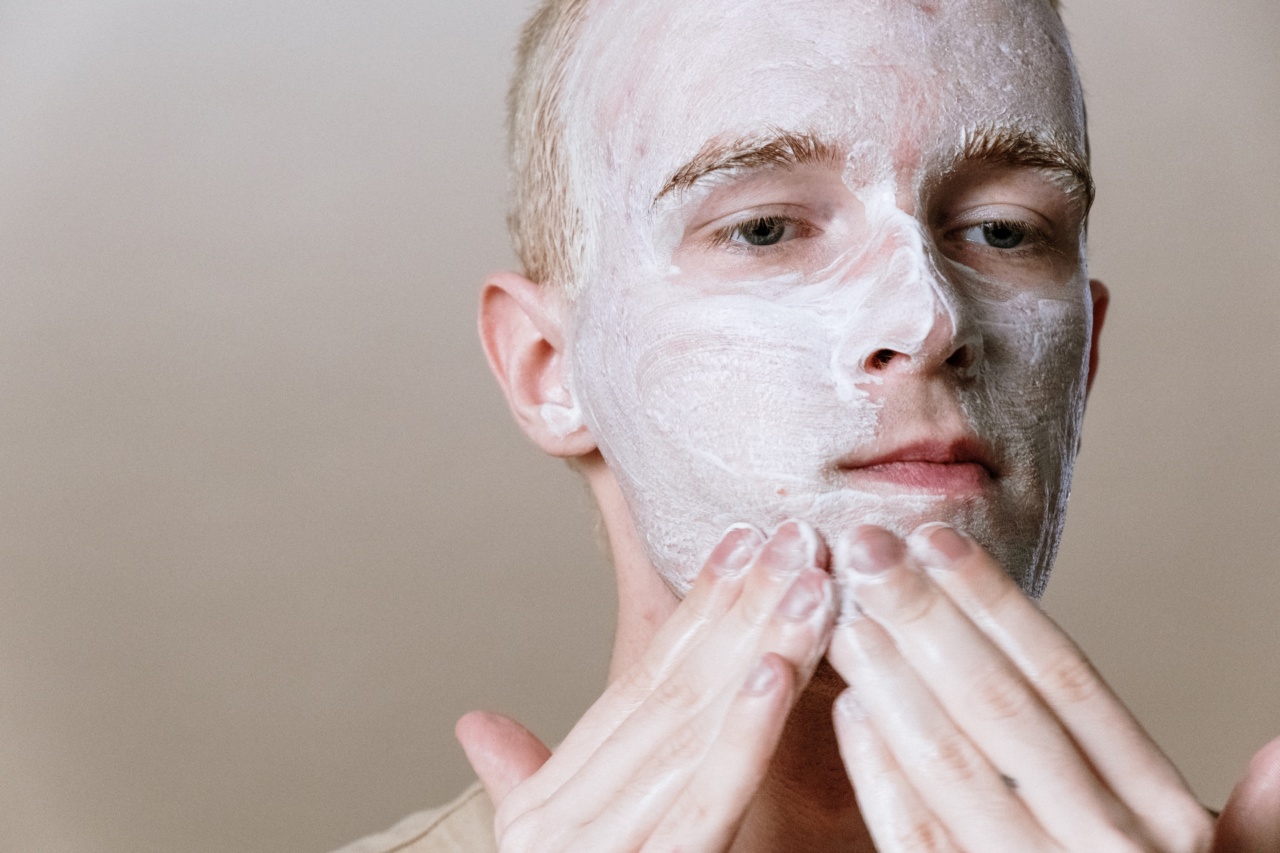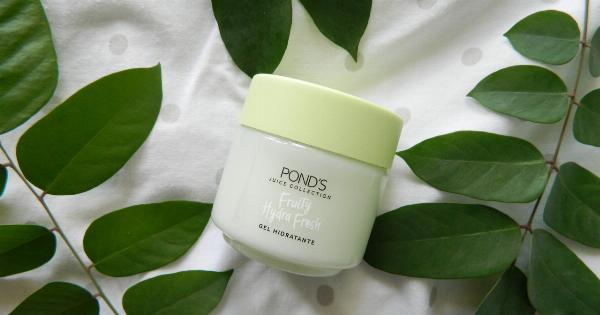Men’s skin troubles have long been overlooked and under-discussed. While it’s a common belief that acne is predominantly a problem faced by teenagers, adult men are also susceptible to this skin condition.
In this article, we will delve into the struggles men face when dealing with acne and explore ways to effectively manage and treat it.
The Causes of Acne in Men
Acne occurs when the pores on our skin become clogged with excess oil, dead skin cells, and bacteria. Hormonal imbalances play a significant role in the development of acne, and men may experience these imbalances due to a variety of reasons.
Increased levels of testosterone during puberty can trigger excessive oil production, leading to clogged pores and acne breakouts. Hormonal fluctuations caused by stress, diet, or medication can also contribute to the development of acne in men.
Types of Acne
Acne can manifest in various forms, each requiring specific treatment approaches. Here are some common types of acne that men often struggle with:.
1. Whiteheads
Whiteheads are small, raised bumps on the skin with a white or yellowish head. They occur when the pores are clogged with excess sebum (oil) and dead skin cells. Proper cleansing and exfoliation can help prevent and reduce whiteheads.
2. Blackheads
Blackheads are similar to whiteheads but have a dark color due to oxidation. They appear as tiny, visible dots on the skin’s surface. Gentle exfoliation and the use of salicylic acid-based cleansers or treatments can effectively address blackheads.
3. Papules
Papules are small, red, inflamed bumps that can be painful to touch. They occur when the walls of the pores break down, leading to inflammation. Refraining from picking or squeezing papules is crucial to prevent scarring.
4. Pustules
Pustules are similar to papules but have a white or yellowish head filled with pus. They can be painful and may leave behind scars if not handled with care.
5. Nodules
Nodules are large, deep-seated lumps under the skin. They are often painful and can cause long-lasting scarring. Nodules require professional medical intervention for effective treatment.
6. Cysts
Cysts are severe and often painful acne lesions that can be filled with pus. They are prone to infection and can scar the skin. Dermatological assistance is usually required to manage cystic acne effectively.
Methods for Managing Men’s Acne
While men may find managing acne a challenging task, adopting a consistent skincare routine and making certain lifestyle changes can greatly improve the condition of their skin. Here are some effective methods for managing acne:.
1. Cleansing the Skin
A gentle yet thorough cleansing routine is essential for keeping the skin clean and preventing acne breakouts. Men should wash their face twice a day with a mild cleanser specifically formulated for acne-prone skin.
This helps remove excess oil, dirt, and bacteria from the surface.
2. Exfoliating Regularly
Exfoliation helps slough off dead skin cells, unclog pores, and reduce the occurrence of acne. Men should exfoliate their skin 2-3 times a week using products containing salicylic acid or glycolic acid.
3. Moisturizing the Skin
Contrary to popular belief, even acne-prone skin requires moisturization. Using a non-comedogenic moisturizer helps maintain the skin’s hydration levels without clogging the pores.
4. Avoiding Harsh Products
Men should steer clear of harsh soaps, scrubs, and skincare products that may strip the skin of its natural oils. Instead, opt for gentle, non-irritating products that won’t aggravate acne.
5. Shaving Techniques
Shaving can be a challenge for men with acne-prone skin. To minimize irritation and potential breakouts, it’s advisable to shave after a warm shower when the skin is moist.
Using a sharp, clean razor and a shaving cream designed for sensitive skin can also help prevent acne flare-ups.
6. A Healthy Diet
A well-balanced diet rich in fruits, vegetables, lean proteins, and whole grains can contribute to healthier skin. Avoiding greasy, sugary, and processed foods may help reduce acne breakouts.
Drinking plenty of water also aids in flushing out toxins from the body.
7. Stress Management
Stress is known to aggravate acne. Engaging in stress-reducing activities such as exercise, meditation, or hobbies can have a positive impact on the skin’s health.
8. Over-the-Counter Treatments
Men can explore various over-the-counter treatments specifically formulated for acne. These include benzoyl peroxide creams, salicylic acid gels, and sulfur-based cleansers.
However, it’s essential to follow the instructions carefully and avoid excessive use, as these products can sometimes cause skin dryness and irritation.
9. Professional Treatments
In severe cases of acne, professional dermatological treatments may be necessary.
A dermatologist can recommend appropriate treatments such as prescription-strength topical medications, oral antibiotics, retinoids, or laser therapy to effectively manage acne.
10. Avoiding Touching the Face
Men should refrain from touching their face with unwashed hands, as this can transfer bacteria and dirt, potentially exacerbating acne breakouts.
Conclusion
Men’s skin troubles, particularly acne struggles, should not be underestimated. By understanding the causes and types of acne and implementing proper skincare routines and lifestyle changes, men can effectively manage and treat their acne.
It’s important to remember that managing acne takes time and patience, but with consistent effort, clearer and healthier skin is within reach.




























